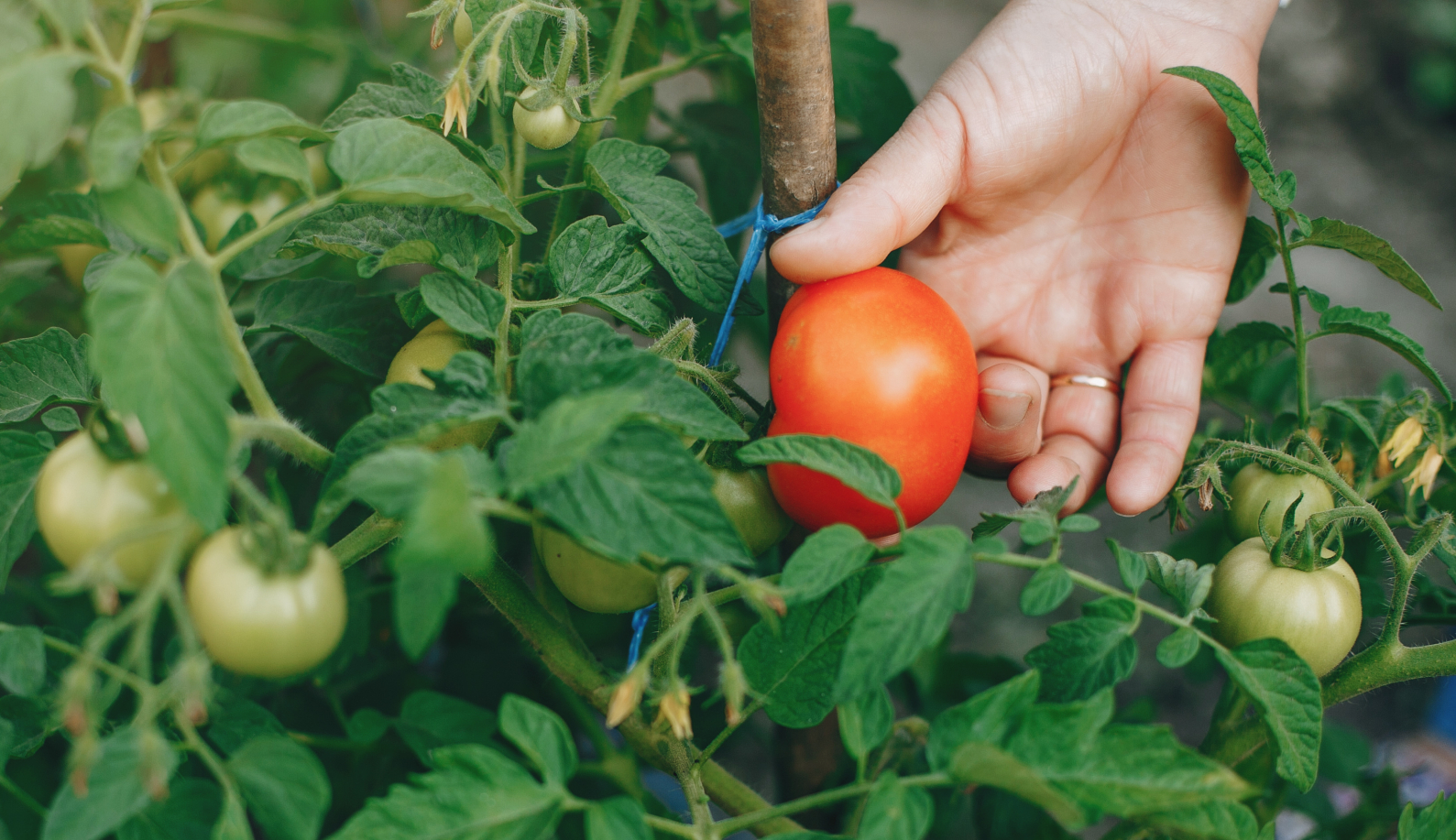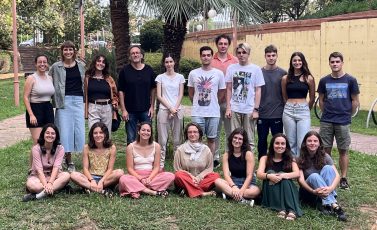
UB researchers receive funding to develop a caffeine-based biostimulant that improves tomato yield and quality
The University of Barcelona has received €150,000 in funding to develop a caffeine-based biostimulant aimed at improving the yield and quality of tomatoes grown in hydroponic systems — a modern agricultural technique that replaces soil with nutrient solutions. This grant, awarded by the Agency for Management of University and Research Grants (AGAUR) of the Department of Research and Universities of Catalonia, is intended to finance the valorisation of technology or knowledge generated by research teams in Catalonia.
The project is led by Dr Sergi Munné-Bosch, Professor at the Department of Evolutionary Biology, Ecology and Environmental Sciences, Faculty of Biology, University of Barcelona. Doctoral researcher Isabel Ocampos also participates as an entrepreneurial scientist, along with other members of the PLANTsynergy research group.
Biostimulants are natural substances with beneficial effects on plant growth and development, crop quality, and stress tolerance. The UB project harnesses the potential of an alkaloid —an organic molecule with multiple roles in plant function— such as caffeine, to develop an innovative product derived from this well-known but still underexplored compound for agricultural purposes.
“Our goal is to obtain an easy-to-use product that enhances tomato yield and quality while reducing the need for chemical fertilizers. Moreover, this initiative benefits both coffee companies and society by promoting better waste management and contributing to the circular economy,” explains Dr Sergi Munné-Bosch.
The researchers had already demonstrated in a previous Llavor project (2021LLAV-00078) the effectiveness of caffeine as a biostimulant ingredient to improve the productivity and quality of lentil crops. “In that research, we described the mechanism of action responsible for the improvements associated with caffeine and confirmed that its application increased the nutritional quality of lentils,” the UB professor adds.
A less polluting cultivation technique
The new biostimulant will be applied in hydroponic systems —a soil-free cultivation method in which plants grow in water enriched with essential nutrients. This approach allows for reduced water consumption, better control of growing conditions, and decreased use of agrochemicals, making it a more environmentally friendly alternative.
In line with this sustainable approach, the caffeine used will be obtained through the purification of coffee industry waste, thereby contributing to the recovery of by-products and the principles of the circular economy. In this way, the project will not only stimulate tomato growth and quality —enhancing their nutritional value— but also facilitate waste management and help reduce pollution.
Through this new project, the research team will also collaborate with several companies from the agri-food sector to develop a prototype and explore its future market transfer.
Commitment to the SDGs
This initiative aligns with several United Nations Sustainable Development Goals (SDGs): SDG 2 (Zero Hunger), by promoting safer and more sustainable food production; SDG 12 (Responsible Consumption and Production), by reusing coffee waste within a circular economy model; SDG 13 (Climate Action), by reducing environmental impact and emissions from traditional fertilization; and SDG 15 (Life on Land), by protecting soil and biodiversity.
The project, file number 2025 PROD 00009, falls under the Knowledge Industry call in the “Product Grants” category, aimed at obtaining prototypes and promoting the valorisation and transfer of research results generated by research teams in Catalonia.


